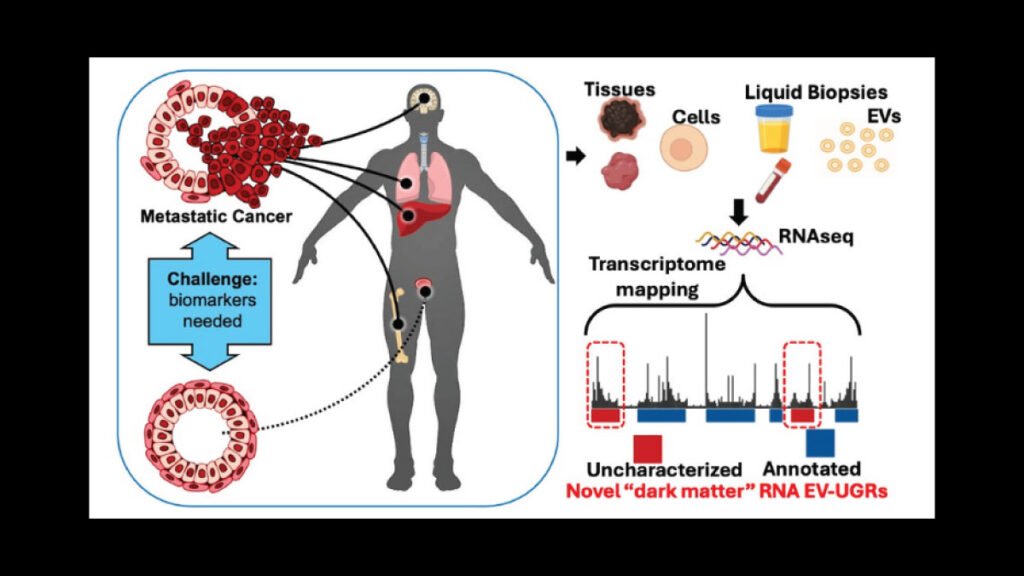A groundbreaking finding by scientists at Mount Sinai has revealed a new category of nanoparticles in blood, which could change the game in how cancer is diagnosed. These nanoparticles, carrying distinct types of RNA, could make spotting cancer easier, quicker, and more precise, ushering in a new age in cancer diagnostic techniques.
Benefits of Nanoparticles in Blood Technology
The identification of these unique nanoparticles is a major step forward in the realm of cancer detection. Up until now, cancer diagnosis has often depended on invasive procedures like biopsies, imaging, and other methods that can be uncomfortable, time-consuming, and not always definitive. The newly found nanoparticles could alter this landscape by providing a less invasive option, as they can be identified through a straightforward blood test. This approach could lead to earlier detection, which is key for enhancing treatment success and survival rates.
These nanoparticles carry distinct RNA types that can be examined to spot cancer cells before conventional methods might. This could significantly boost the accuracy and specificity of cancer diagnostics, allowing doctors to identify the disease in its earliest stages when it’s most treatable.
Possible Uses of Nanoparticles in Blood in Medical Devices
Incorporating these nanoparticles into medical devices could be a game-changer. For instance, they could be integrated into cutting-edge diagnostic tools that offer real-time monitoring of cancer progression, customized treatment plans, and more precise tracking of how well treatments are working. Additionally, these nanoparticles in blood could be used together with liquid biopsy technology, providing a full picture of a patient’s cancer condition without the need for invasive procedures.
Beyond diagnostics, these nanoparticles also hold promise for therapeutic purposes. Researchers are looking into using them to deliver targeted therapies straight to cancer cells, minimizing treatment side effects and improving patient outcomes. This would represent a significant advancement in personalized medicine, where treatments are customized to the specific characteristics of a patient’s cancer.
Future Developments in Cancer Diagnosis
As research on these nanoparticles in blood continues, the future of cancer diagnosis appears bright. The ability to detect cancer at an early stage through a simple blood test could become the new norm of care, reducing the necessity for invasive procedures and enabling more prompt interventions. Moreover, as our understanding of these nanoparticles deepens, we might see the creation of even more advanced diagnostic tools capable of detecting not just the presence of cancer but also its type, stage, and potential response to treatment.
Conclusion
The discovery of nanoparticles in blood with the potential to revolutionize cancer diagnosis is a critical moment in medical science. This innovative technology promises to make cancer detection easier, quicker, and more precise, with significant implications for diagnostics and treatment. As this research progresses, we are likely to see the integration of these nanoparticles into sophisticated medical devices, ushering in a new era of personalized and precise cancer care.
